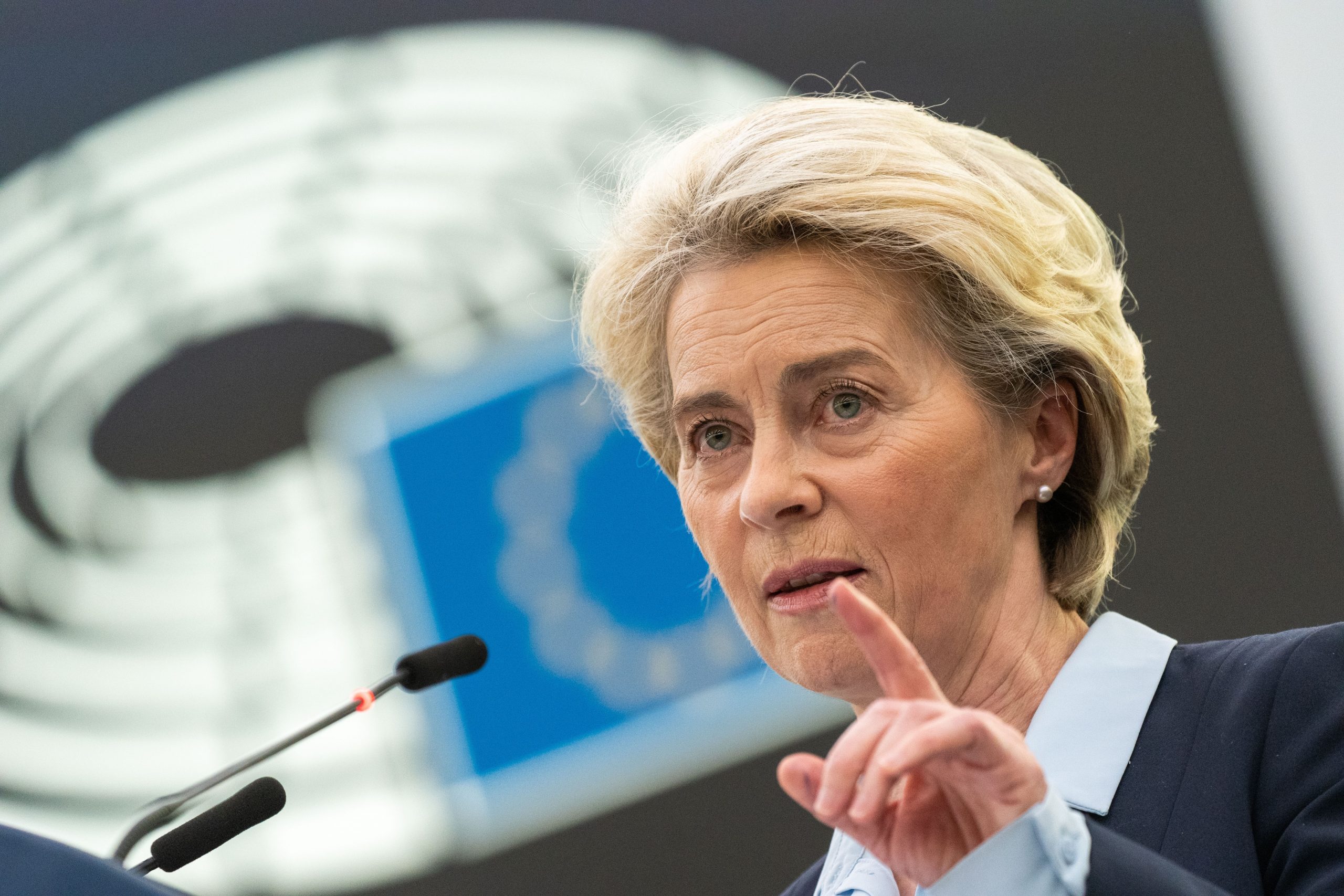
The EU does not have a common policy for gas and oil purchases, and under Hungary’s bilateral agreements with Russia, the currency for payments is “merely a technical detail,” according to State Secretary Kovács.Continue reading

“It is not impossible to pay for Russian gas in rubles,” Foreign Minister Péter Szijjártó announced on Monday afternoon, after a meeting with his EU counterparts in Luxembourg. According to Szijjártó, the Hungarian company responsible for Russian gas imports will set up two accounts at Gazprombank which is not on the EU’s sanction list. The euro account and the ruble account will then be converted by the Russian side. This is the technical solution for payment in rubles. Szijjártó said that this way, Hungary will not be breaking EU sanctions.
This article was originally published on our sister-site, Ungarn Heute.
“We pay in euros, Gazprombank converts the euro, and this amount is paid to Gazprom Export,” Foreign Minister Péter Szijjártó said in a live Facebook video after the meeting of EU foreign ministers in Luxembourg. As Szijjártó pointed out, “two companies had an agreement. The EU was not involved in this agreement. Therefore, we don’t see the need for the EU to develop a common position. Two companies had an agreement. They already agreed last year that it is possible to switch to another currency. [Hungarian state power company] MVM’s Hungarian subsidiary will set up two accounts at Gazprombank. The euro account and the ruble account will then be converted by the Russians.”
In practice, Hungary will do the same as all other Western gas buyers are doing in the wake of the upcoming change in their contracts. Namely, in accordance with the Russian presidential decree, Western gas buyers must open a foreign currency account at Gazprombank and in addition, a ruble account, and the foreign currency amount transferred to Russia will be converted there, while the ruble amount will be received in Gazprom’s accounts.
This means that Hungary will continue to pay for the gas delivered from April 1 in euros in accordance with the original gas purchase contract, and there will only be a technical exchange in Russia to meet the supplier’s demands.”
Prime Minister Viktor Orbán told an international press conference on Wednesday that “we have no problem paying in rubles. If the Russians ask it, we will pay in rubles.”
However, at the time it was unclear whether this solution would be implemented or whether Hungary would somehow buy rubles in advance on the market and pass them on to Gazprom. Due to the unclear comment, even the President of the European Commission, Ursula von der Leyen, warned over the weekend that in the latter case it would be a violation of Western sanctions. It is clear from Péter Szijjártó’s announcement made today that this is not the case.
There is a solution that does not violate any sanction measures and still ensures a secure energy supply. According to the minister, the technical details are being worked out between the Hungarian and Russian parties, i.e. MVM’s and Gazprom’s subsidiaries, which are preparing to amend the contract.
The technical solution is for MVM’s subsidiary, CEEnergy, to set up two accounts with Gazprombank – which is not on the sanctions list – one in euros and one in rubles, and to pay Gazprombank in euros. Gazprombank converts the euro paid into rubles, which are transferred to Gazprom Export, the Foreign Minister explained, in order to circumvent President Putin’s decree.
“In order to ensure the security of its energy supply, Hungary will not support any proposal that imposes sanctions on oil or gas imports,” Foreign and Trade Minister Péter Szijjártó reiterated. “Hungary will not allow the Hungarian people to pay the price of war.”
The Hungarian government does not object to other countries sending weapons to Ukraine, but it will not send weapons itself, nor will it allow supplies from other countries to reach Ukraine directly via Hungary, Szijjártó said. “This would seriously endanger the security of Hungary and its people,” he said.
On the subject of weapon deliveries, the minister also noted that “many EU member states want to respond to Ukraine’s request for more lethal assistance. The European Peace Facility will soon be increased by 500 million euros, he said. Hungary did not stand in the way of this decision and will not prevent other countries from supplying weapons to Ukraine. However, Hungary would not do so itself, nor would it allow deliveries via Hungary.
Szijjártó commented on Austrian Chancellor Karl Nehammer’s visit to Moscow on Monday, saying all face-to-face meetings raise hopes for a diplomatic solution.
Commenting on the Slovak parliament speaker’s accusation that the Hungarian prime minister and the Russian president are planning to “split up” Slovakia, the minister said, “Hungary and Slovakia, two EU member states, worked on strengthening both bilateral relations and the European Union. Hungary is determined to preserve what has already been achieved and further improve bilateral relations.”
Source: Portfolio, Szijjártó’s Facebook site
Featured photo via Péter Szijjártó’s Facebook page